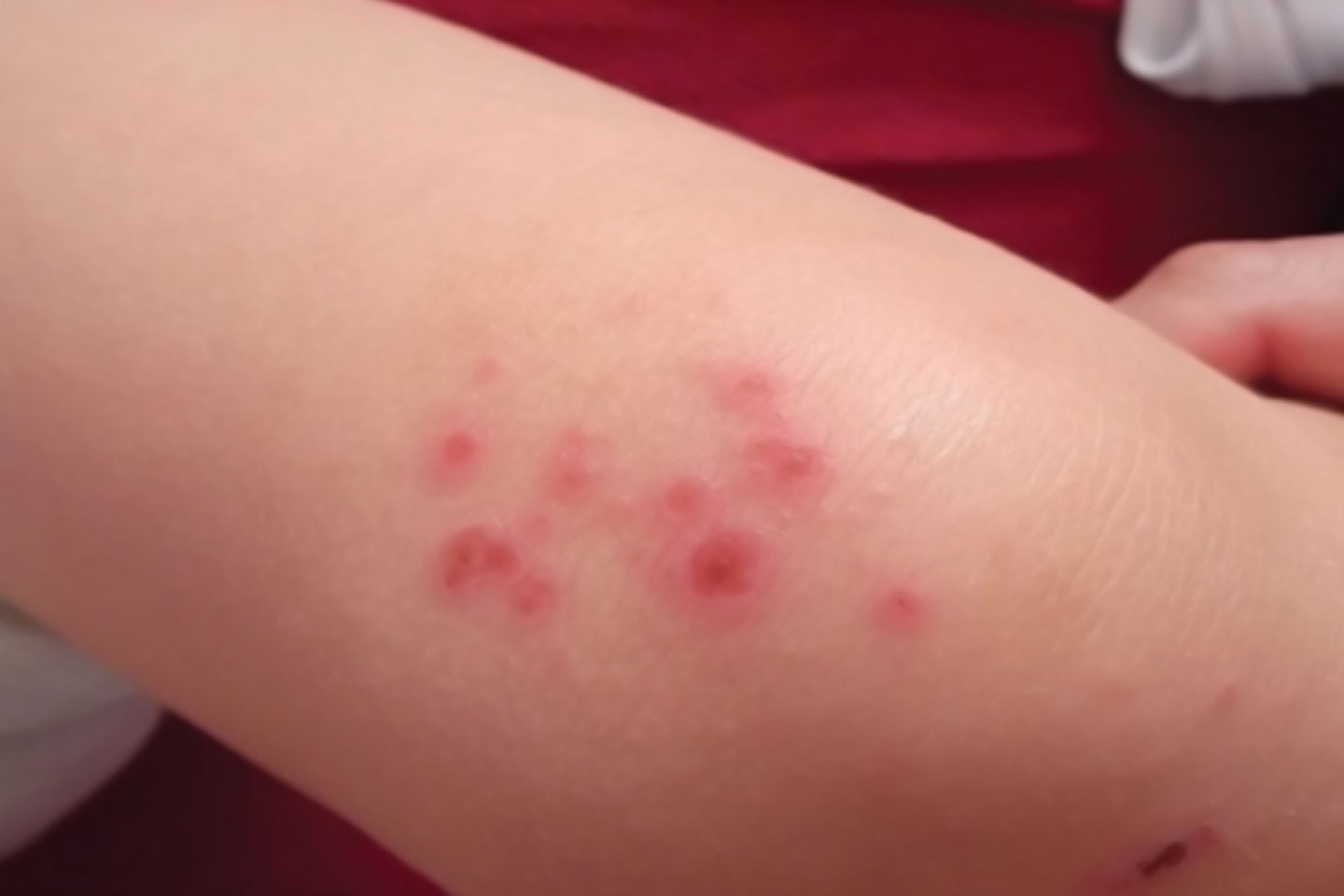About one out of every 10 kids develops eczema. Typically, symptoms appear within the first few months of life, but the good news is that more than half of the kids who have eczema today will grow out of it by the time they’re teenagers. Children who get eczema often have family members with hay fever, asthma, or other allergies. Some experts think that children may be genetically predisposed to get eczema, which means characteristics have been passed on from parents through genes, making a child more likely to get it. About half of the kids who get eczema will also someday develop hay fever or asthma. Eczema is not an allergy, but allergies can trigger eczema. Some environmental factors (such as excessive heat or emotional stress) can also trigger the condition. Here are some tips to help your children relieve eczema conditions.
Bathing Tips:
1- Bathe your child in warm—not hot—water.
2- Limit your child’s time in the bath to five or 10 minutes.
3- Use cleansers only when needed, and make sure the cleanser is mild and fragrance-free. Do not use bubble bath.
4- If your child’s eczema is frequently infected, weekly bleach baths maybe beneficial. Discuss this option with your child’s dermatologist and/or pediatrician.
5- If your child has medicine that you apply to the skin, apply medicine when your child’s skin is almost dry and use the medicine as directed.
6- Apply moisturizer on top of the medicine, and to the rest of your child’s skin. Try to keep your child’s skin moisturized to prevent redness and irritation.
Choosing a Moisturizer:
1- Some children do better with fragrance-free products, so consider petroleum jelly—an inexpensive, fragrance-free product that works well for many children.
2- When selecting a product, “trial and error” sampling of different types may help to identify the best moisturizer for your child.
3- Check ingredients on moisturizing products before purchase. Consult with your dermatologist and/or pediatrician for chemicals and ingredients to stay away from.
Skin Care Tips
1- Apply moisturizer at least twice a day (morning/night.) Keeping your child’s skin moisturized will prevent dryness and cracking, which can decrease the need for eczema medications in the future.
2- If your child has severe itching, and the products are not providing relief, ask your child’s dermatologist and/or pediatrician about wet wrap therapy.
3- Keep your child’s fingernails short and smooth. Long nails can scratch or puncture eczema wounds; plus dead skin and bacteria can get underneath your child’s nails causing infections.
4- Keep temperature and humidity levels comfortable. Avoid dry air that will cause your child to sweat. Sweating is the most common trigger of the itch/scratch cycle for people suffering from eczema.
Laundry Tips:
1- Using a laundry detergent made for sensitive skin is beneficial. Scented fabric softener or dryer sheets may contribute to irritation.
2- Check labels and ingredients for chemicals that can flare eczema or other skin irritations.
3- Only use the recommended amount of detergent and use enough water for rinsing.
4- Wash your child’s new clothes before wearing. This will remove excess dyes and fabric finishers that can cause irritation.
5- If your child is suffering from eczema, wash their clothes separately from those of other family members. This includes bath towels that your child has used or will use.
Source: beliefnet.com












